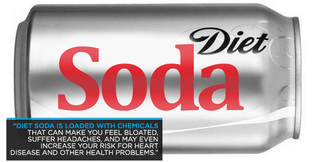
Cholesterol is a steroid hormone and is a precursor to other hormone production such as cortisol, sex hormones including, testosterone and estrogen and aldosterone which helps regulate electrolyte balance and blood pressure. These hormones can become imbalanced as a result of too little cholesterol.
Cholesterol also provides structural integrity to every cell in our body, as it helps make up the lipid soluble membrane and mitochondria that are important in proper sugar regulation, proper cell to cell communication, energy production and many other biochemical processes. Without adequate cell membranes, our cells are not able to receive and send messages that are imperative to proper hormone balance including receiving insulin and preventing inflammatory signaling.
Some other functions of cholesterol include making bile acids, which in turn helps support our immune system by facilitating proper absorption of fat soluble vitamins, A, D, E and K. Cholesterol is also needed for proper function of serotonin to help with mood regulation, nerve impulse transmission and memory.
Now that you know how important cholesterol is, it is important to address the fact that too much of a good thing may also cause harm. A few ways to achieve and maintain optimal cholesterol levels include: Eating a nutrient dense, low-glycemic or Mediterranean food plan that avoids processed foods. This does not mean unlimited pasta, cheese and wine. This means a colorful diet full of vegetables, fruits, responsibly raised meats (free range, organic, grass fed), healthy fats , nuts/seeds, and whole grains).
Managing stress, and incorporating regular exercise, plus appropriate supplementation, including fish oil, Vitamin D3, and a MultiVitamin are all helpful tools to optimize your cholesterol.
© http://ausfp.com/taking-the-evil-out-of-cholesterol/



 RSS Feed
RSS Feed